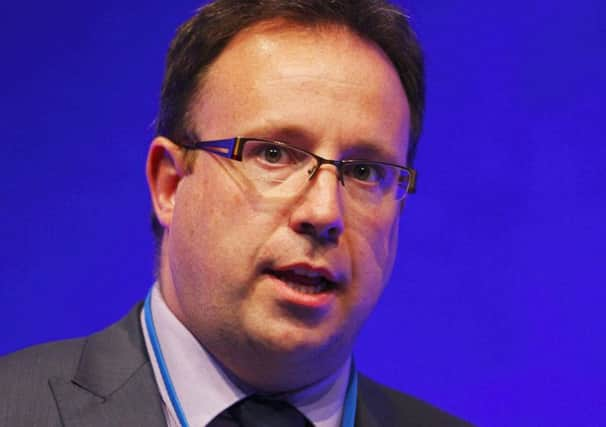Head teachers warn schools are forced to be ‘mini welfare states’


The vast majority of school leaders say they are giving more unfunded help to youngsters from deprived backgrounds, offering everything from food and clothes to covering transport costs and completing official paperwork for families.
In some cases, school workers are buying birthday presents and cards for pupils who are unlikely to receive any, washing children’s clothes at school, offering lifts to and from home or after-school clubs, providing headlice treatment and haircuts.
Advertisement
Hide AdAdvertisement
Hide AdThey are also attending legal, medical and social services appointments with parents, says a study by the National Association of Head Teachers (NAHT).
Russell Hobby, the union’s general secretary warned that despite promises by political parties to protect education spending, cuts to other areas of public services “will come home to roost at the school gates”. In total, 84 per cent of the more than 2,000 NAHT members questioned said they are providing more support for children from deprived backgrounds than five years ago. The same proportion said they think a change in families’ financial circumstances is one of the main reasons for the rise in need.
The typical amount spent by primary schools out of their own budgets on extra support is around £2,000, the NAHT calculated, while for secondary schools it is £3,000.
It added that with more than 16,700 state-funded secondary schools in England as of January last year, and more than 3,300 state-funded secondaries, this equates to a national annual total of £43.5 million.
Advertisement
Hide AdAdvertisement
Hide AdMr Hobby said: “ Our research estimates this costs all state schools around £43.5m per year. This is money schools are having to find to help families who have been left high and dry by cuts to public services. This pressure is only going to increase.”